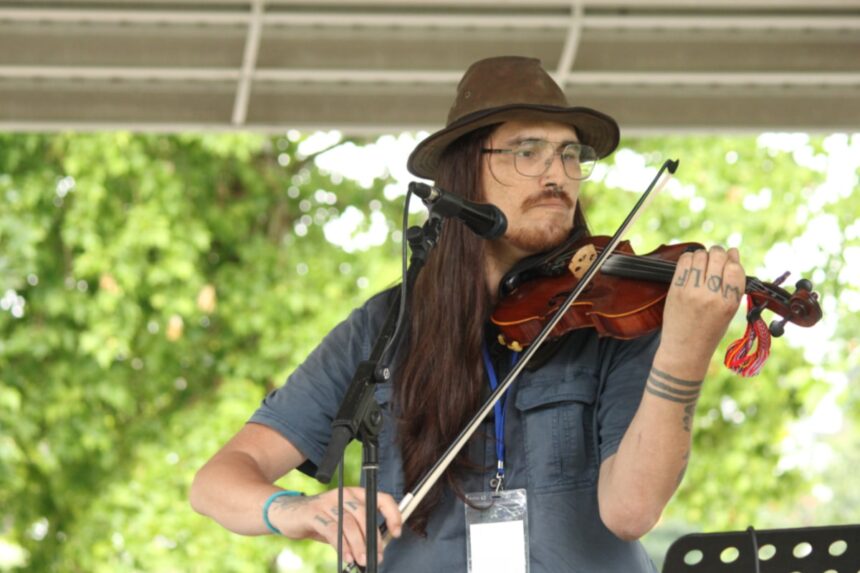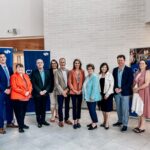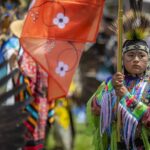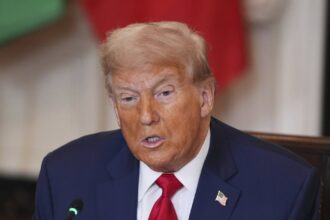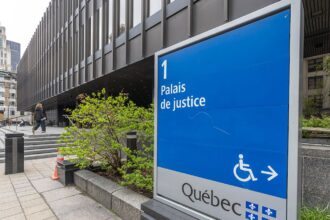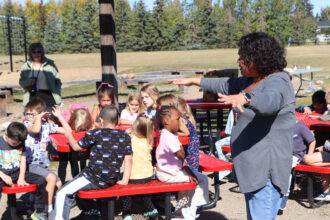The thundering echoes of traditional drums reverberated through Maffeo Sutton Park on Friday as hundreds gathered to celebrate National Indigenous Peoples Day in Nanaimo, creating a powerful testament to the enduring strength and vibrancy of First Nations culture on Vancouver Island.
Under clear June skies, the waterfront park transformed into a dynamic cultural hub where attendees of all backgrounds participated in a day filled with ceremonial dances, storytelling sessions, and artistic demonstrations. The annual celebration, organized by Snuneymuxw First Nation in collaboration with local Indigenous organizations, continues to grow in significance and attendance each year.
“Today represents more than a celebration—it’s an opportunity for recognition, education, and reconciliation,” explained Elder Margaret Williams of the Snuneymuxw First Nation. “When our communities come together like this, we strengthen the relationships that are essential for true understanding.”
The festivities began with a traditional welcome ceremony led by Snuneymuxw knowledge keepers, followed by performances featuring elaborate regalia and songs passed down through generations. Children and elders alike participated in the cultural demonstrations, highlighting the intergenerational importance of preserving Indigenous traditions.
Among the most popular attractions were the artisan market showcasing Indigenous-made crafts, clothing, and jewelry, and the food stations offering traditional delicacies including bannock, salmon, and herbal teas. Visitors moved between educational booths where they could learn about traditional medicines, environmental stewardship practices, and the complex history of Indigenous peoples in British Columbia.
“What makes this celebration particularly meaningful is how it creates space for both honoring traditions and addressing contemporary issues facing Indigenous communities,” noted Karen Mitchell, director of the Mid-Island Indigenous Support Centre. “The day balances celebration with education in a way that moves us forward collectively.”
Local officials, including Nanaimo Mayor Leonard Krog, acknowledged the importance of the day, emphasizing the city’s commitment to advancing reconciliation efforts and supporting Indigenous-led initiatives throughout the year, not just during ceremonial occasions.
The celebration comes at a pivotal moment in Canadian politics, as governments at all levels continue to navigate the complex process of implementing Truth and Reconciliation Commission recommendations and addressing long-standing inequities affecting Indigenous communities.
Jonah Peters, a non-Indigenous attendee who brought his family to the celebration, reflected on the experience: “We’ve been coming for three years now, and each time we learn something new. It’s important for our children to understand the rich cultural heritage of the land we live on, beyond what they might learn in school.”
As the sun began to set over the harbor, the celebration culminated in a community feast where conversations flowed between strangers who had become connected through shared experience. Youth performers from various nations demonstrated contemporary Indigenous artistic expressions, including spoken word poetry and modern adaptations of traditional songs.
“What we’re witnessing today is cultural resilience in action,” observed Dr. Amelia Thompson, an Indigenous studies professor from Vancouver Island University. “These celebrations are vital spaces where knowledge is transmitted, identity is affirmed, and community bonds are strengthened.”
The success of Nanaimo’s National Indigenous Peoples Day event reflects a broader trend across Canada of growing engagement with Indigenous cultural celebrations, though organizers emphasize that true reconciliation requires year-round commitment to addressing systemic barriers and historical injustices.
As communities across Vancouver Island and beyond continue to navigate the complex journey toward reconciliation, events like these raise an essential question: How might we transform the goodwill and understanding generated during cultural celebrations into lasting, meaningful change that honors Indigenous sovereignty and addresses historical inequities?

